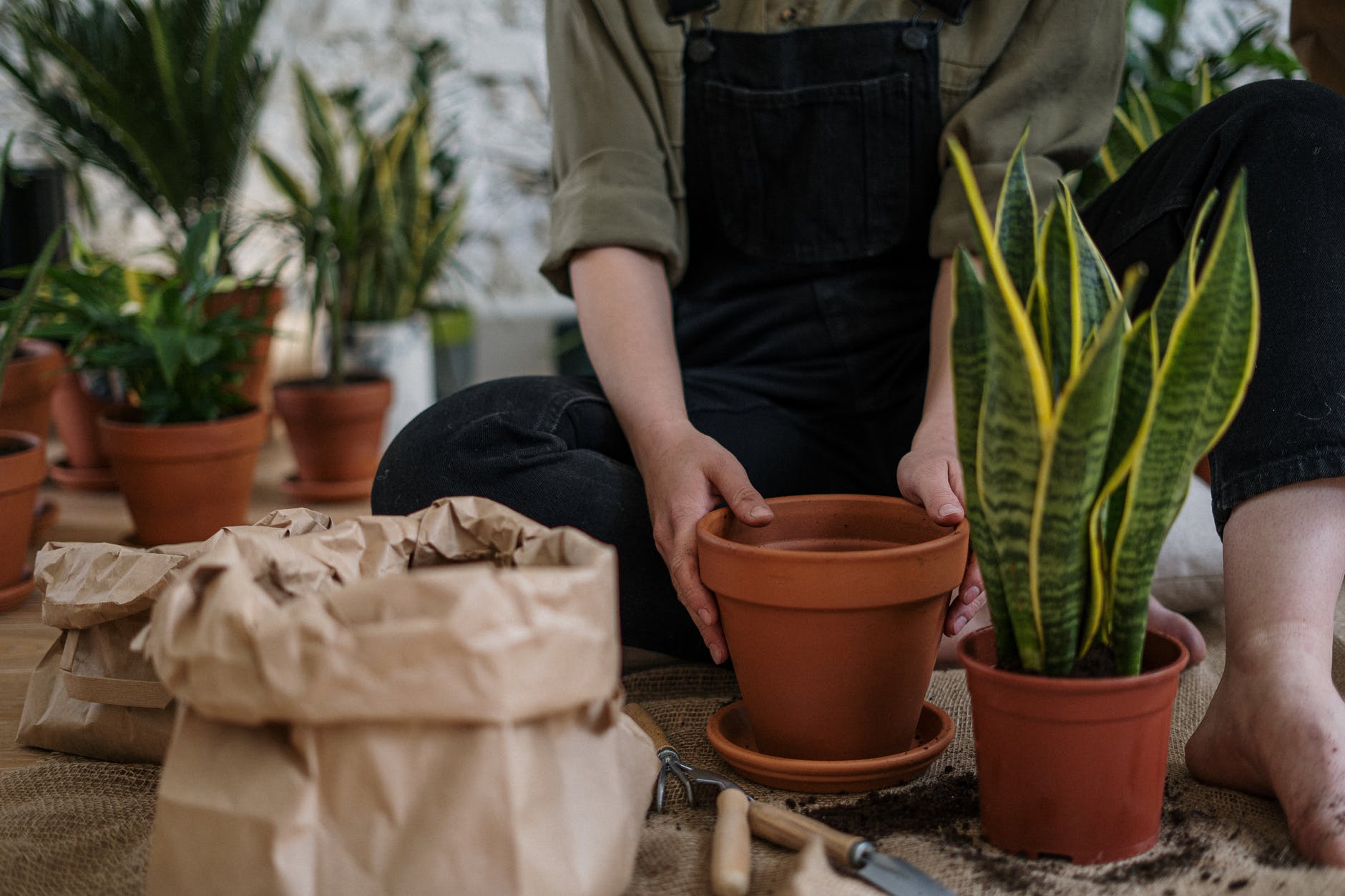The 6 Tips You Need To Maintain Your Garden
The garden is a beautiful thing. It provides fresh vegetables and herbs, a place for relaxation, and a way to enjoy the outdoors all year long! There are many ways to maintain your garden so that it stays healthy and vibrant. In this blog post, we will share some tips from professionals on keeping your garden looking great all year round.
1) Start from the bottom up
Don't forget to clean your garden tools before you use them. Water can clog and rust metal parts, which will make it almost impossible for the tool to work correctly again. If you don't have time to care for these tools properly, consider purchasing new ones instead of fixing old rusty items that are barely working anymore. Clean out plant beds at least once a week so they can keep growing healthy food all season long. You won't want anything in there but plants (and maybe some mulch) because other things like rocks or twigs could damage your shovel when digging into the soil next time around! That's why weekly maintenance is necessary; removing leaves and debris every few days will allow light, air, and water to get in there and help your plants grow.
2) Feed the plants
Like humans, plants need to eat to grow big and strong. Fertilize your garden every few weeks with a balanced wholesale fertilizer that will help keep the soil healthy and promote plant growth. You can either purchase a bag of pre-made fertilizer or make your own at home by mixing composted manure, Epsom salts, and baking soda together. Be sure not to overfeed your plants; too much nitrogen can actually hurt them! When it comes time to harvest your vegetables, be sure to do so early in the morning or late in the evening when the sun isn't as harsh. This will help prolong their shelf life and keep them looking fresh for longer periods of time. Harvesting frequently (every few days) will also help new vegetables to grow so that you can have a continuous supply of fresh produce all season long!
3) Protect your plants
Speaking of harsh weather can be very damaging to plants in the garden. Strong winds and heavy rains can uproot them or otherwise damage their leaves so that they will no longer produce food for you. There are simple ways to protect your plants from extreme weather conditions by covering them with either plastic or organic material like straw or mulch. If it is too late for this year's vegetables, but next year's planting season is coming up soon, consider building a cold frame over each plant bed before winter sets in! This way, when spring comes around again, you won't have any trouble getting back into the garden because your plants will still be protected until then.
4) Pest Control
No matter how hard you try, some bugs will inevitably get into your garden and start eating all of your vegetables! You can always plant more in case this happens (it probably won't), but if the bug infestation is severe, it's important to remove them. Using organic pest control methods like ladybugs or planting marigolds around plants are great ways to fight off pests before they naturally ruin everything. Squishing/killing insects with bare hands is not recommended because diseases from their carcasses could be transmitted onto other healthy plants that you don't want to be affected by these creepy crawlers. If none of those steps work when fighting a pest invasion, consider purchasing an environmentally friendly insecticide spray explicitly made for greenhouses and indoor gardens.
5) Install An Irrigation System
You're going to need a reliable way to water your garden, especially if you have one that's larger than just a few square feet. A drip irrigation system is the best option because it delivers small amounts of water slowly and directly into plant root systems so they can absorb as much as they need rather than being over-watered from sprinklers or hoses. Allowing the soil to dry out between watering sessions will also prevent bugs from becoming an issue.
6) Get Creative!
There's no need to stick to just the traditional rectangular garden plot when you can be creative with your space. For example, try using raised beds, installing a vertical garden, or growing plants in containers on your porch or patio. Not only will this add some extra beauty to your outdoor living space, but it will also make gardening more convenient for you since everything is in one designated spot.
As you can see, there are many ways to maintain a healthy and productive garden without having to spend hours every day working in it. By following these simple tips, you'll be able to enjoy fresh fruits and vegetables all season long while knowing that you're doing something good for the environment too!
839GYLCCC1992




Leave a Reply